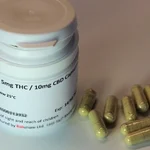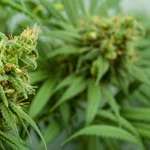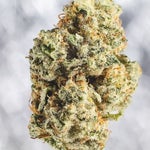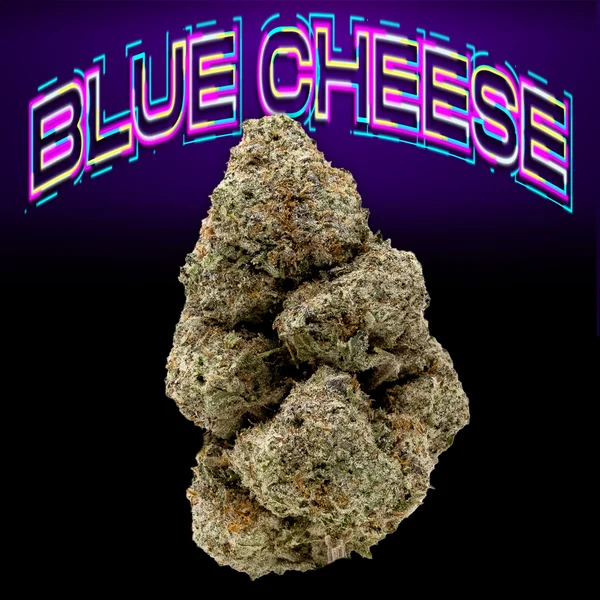Attention Deficit Hyperactivity Disorder (ADHD) is a prevalent condition that affects millions of people worldwide. ADHD is a neurodevelopmental disorder that is characterized by inattention, hyperactivity, and impulsivity. People with ADHD often struggle to focus, stay organized, and complete tasks. They may also experience difficulty with social interactions and emotional regulation. While traditional medications are often prescribed to treat ADHD, some people are turning to medical marijuana as an alternative treatment. In this essay, we will explore the effectiveness of medical marijuana for ADHD.
Understanding ADHD
Before we delve into the effectiveness of medical marijuana for ADHD, it’s essential to understand what ADHD is and how it affects individuals. ADHD is a complex disorder that affects the brain’s ability to regulate behavior, attention, and impulsivity. People with ADHD tend to have difficulty with executive functioning, which is the ability to plan, organize, and complete tasks. ADHD affects people of all ages, genders, and backgrounds, and it can have a significant impact on daily life.
Symptoms of ADHD
The symptoms of ADHD can vary from person to person, but some common symptoms include:
- Difficulty paying attention or staying focused
- Hyperactivity or restlessness
- Impulsivity or acting without thinking
- Forgetfulness and disorganization
- Difficulty with time management and procrastination
- Poor social skills and emotional regulation
These symptoms can be frustrating and challenging, and they can impact a person’s ability to function in everyday life. People with ADHD often struggle with school, work, and personal relationships.
Traditional Methods of Treating ADHD
There are several traditional methods of treating ADHD, including medication, therapy, and lifestyle changes. Medications such as stimulants and non-stimulants are commonly prescribed to help manage ADHD symptoms. Therapy, such as cognitive-behavioral therapy, can also be helpful in teaching coping skills and improving executive functioning. Lifestyle changes such as exercise, healthy eating, and stress management can also help manage ADHD symptoms.
Limitations of Traditional Treatment
While traditional treatments can be effective, they are not without their limitations. Some people may experience unwanted side effects from medications, such as insomnia, loss of appetite, or anxiety. Therapy can also be costly and time-consuming. Lifestyle changes can be difficult to implement and may not be enough to manage severe symptoms.
Medical Marijuana as an Alternative Treatment
In recent years, medical marijuana has emerged as a potential alternative treatment for ADHD. Medical marijuana is legal in many states and has been shown to have several potential health benefits. Some people with ADHD are turning to medical marijuana to manage symptoms such as hyperactivity, impulsivity, and anxiety.
How Medical Marijuana Works
Medical marijuana contains two main components – tetrahydrocannabinol (THC) and cannabidiol (CBD). THC is the psychoactive component of marijuana and is responsible for the “high” associated with marijuana use. CBD does not produce a high and has been shown to have potential therapeutic benefits.
Potential Benefits of Medical Marijuana for ADHD
Medical marijuana has been shown to have several potential benefits for people with ADHD, including:
- Improved focus and attention
- Reduced hyperactivity and impulsivity
- Reduced anxiety and stress
- Improved sleep
These benefits could be especially helpful for people with ADHD, as they struggle with attention, focus, and anxiety.
Limitations of Medical Marijuana
While medical marijuana has potential benefits, it is not without its limitations. Some people may experience unwanted side effects, such as dizziness or fatigue. It can also be difficult to find the right strain of marijuana to effectively manage symptoms.
Conclusion
In conclusion, medical marijuana is emerging as a potential alternative treatment for ADHD. While traditional treatments are still the primary method of managing ADHD symptoms, medical marijuana could be a helpful addition to treatment plans. People with ADHD should consult with their healthcare provider before using medical marijuana as a treatment option. More research is needed to fully understand the potential benefits and limitations of medical marijuana for ADHD.












